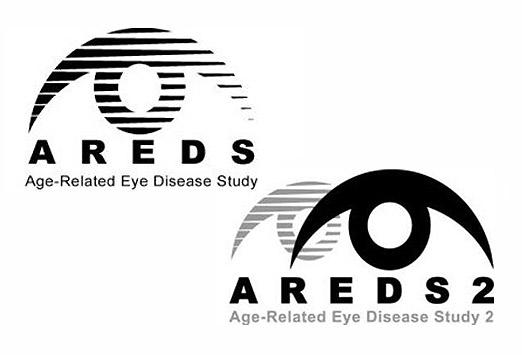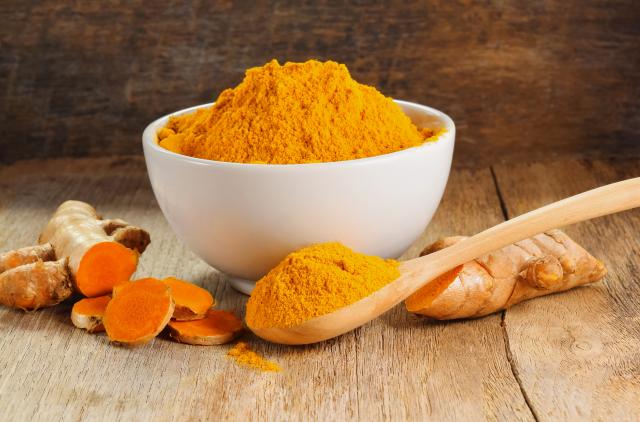Research indicates that a number of natural compounds can optimize vision health and assist with common vision problems.

Lutein and zeaxanthin: These complementary carotenoids replenish macular pigment, protecting delicate photoreceptor cells and optimizing recovery from flash blindness and glare. They are also the only antioxidants present in the eye's lens, where they help to promote and maintain crystal clarity.
Astaxanthin: This exciting antioxidant found in salmon and crustaceans is increasingly studied for its vision-optimizing biological activities. Astaxanthin reduces visual fatigue, accelerates focus speed and boosts retinal blood flow, helping to enhance delivery of other eye vitamins.
Vitamin A: This key eye vitamin, which also occurs as beta-carotene in carrots and other vegetables, is renowned for maintaining ideal vision in low-light settings. In addition to supporting overall retinal health, the nutrient is prominent in rhodopsin, the pigment crucial to healthy dark adaptation.
Cyanidin-3-glucoside (CG3): A component in various berries, this flavonoid has been pinpointed as one that speeds up the activity of rhodopsin, allowing for quicker dark adaptation while optimizing visual acuity.
Bilberry: A time-honored source of antioxidants, bilberry was included in the diets of English flying aces during World War II to support the speed of their dark adaptation. The nutrient-packed fruit also guards the photoreceptor cells of the retina, benefitting overall vision.
Black Currant: Studies have shown that the anthocyanosides found in this fruit may support ideal dark adaptation and assist in optimizing visual acuity.
Saffron: A valuable yellow-hued spice, saffron is rich with macula-nourishing antioxidant pigment. Saffron has been found to reduce vision problems related to glare, free radical damage and flash blindness.














